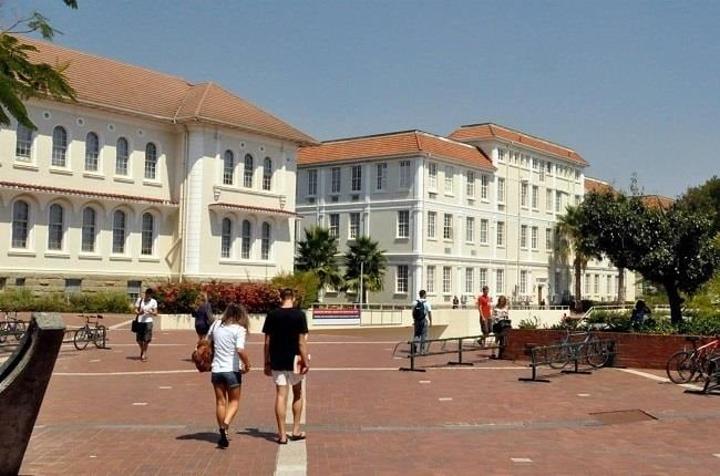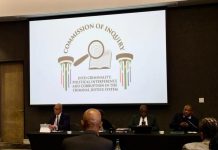Africa-Press – South-Africa. Stellenbosch University has released the findings of an independent inquiry into racism at the institution.
The university appointed Sisi Khampepe, a retired Constitutional Court judge, to head up the inquiry into allegations of racism at the university.
This follows an incident in May when student Theuns du Toit was filmed urinating on first-year student Babalo Ndwayana’s desk and belongings at their Huis Marais residence.
Du Toit was later found guilty of contravening the university’s rules and expelled.
The incident triggered waves of outrage and disgust by students and the entire nation.
Khampepe’s report made several recommendations, including that there needed to be a decisive change of leadership in the Huis Marias residence where the incident occurred.
“I would strongly recommend that the new HC (house committee) and prim (head) of Huis Marais undergo leadership training and mentorship to assist them in reforming what is evidently a very toxic culture,” she said in the report.
The report added that the student affairs division must closely examine the culture of Huis Marais with the intention of introducing long-term solutions that will reform the res.
“I recommend that the proposal of converting Huis Marais into a mixed residence be revisited. After all, the agreement that was signed in 2020 appears not to have accomplished its desired end,” Khampepe stressed.
She said she agreed with the many witnesses who suggested the university seriously erred in backtracking on its decision to convert Huis Marais into a mixed gender residence.
The university’s decision was guided by a legal opinion at the time. However, it was made evident to the commission that the problems identified in that legal opinion have now been addressed.
The report also recommended that the university considers reviewing and revising its language policy to remove the possibility of language exclusion through the preference for Afrikaans.
The report added that the university could only hope to realise its potential of becoming a national asset if students and staff felt that they belonged and it was a place for them.
SU rector and vice-chancellor, Professor Wim de Villiers, said the Khampepe Commission’s findings and recommendations were a tipping point for the university.
“In appointing the commission and requesting the inquiry, SU made itself vulnerable and exposed itself to possible criticism. However, with a view to the future, we regard this commission as an important investment in the wellness of our university,” he said.
For More News And Analysis About South-Africa Follow Africa-Press






